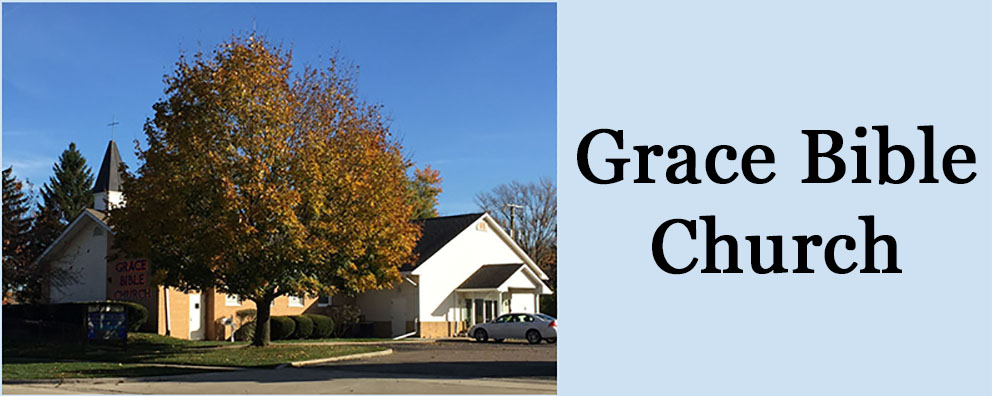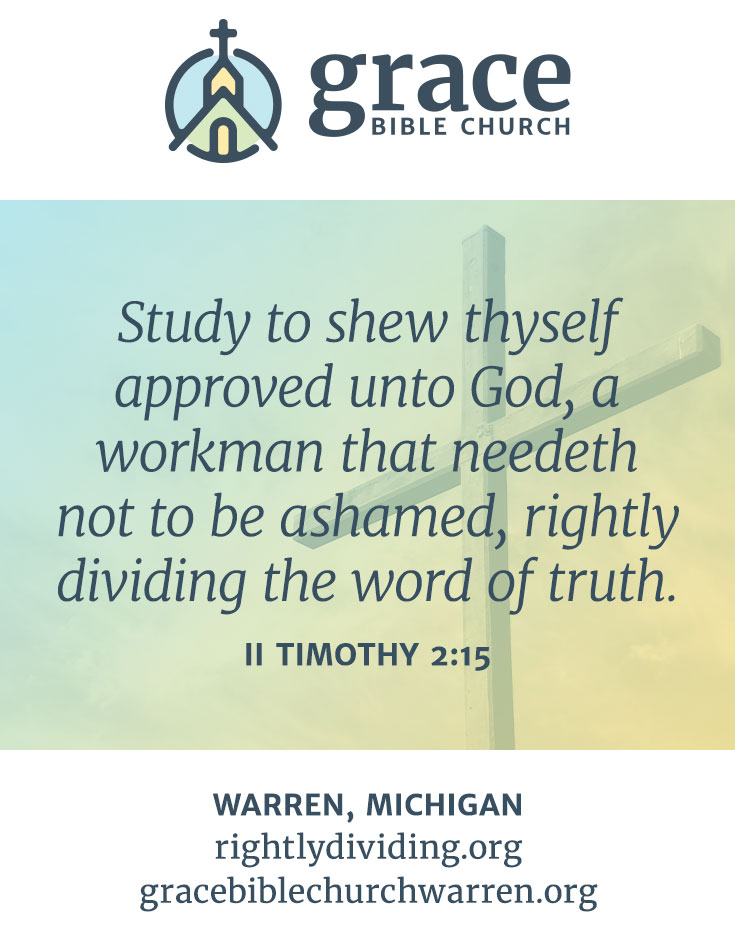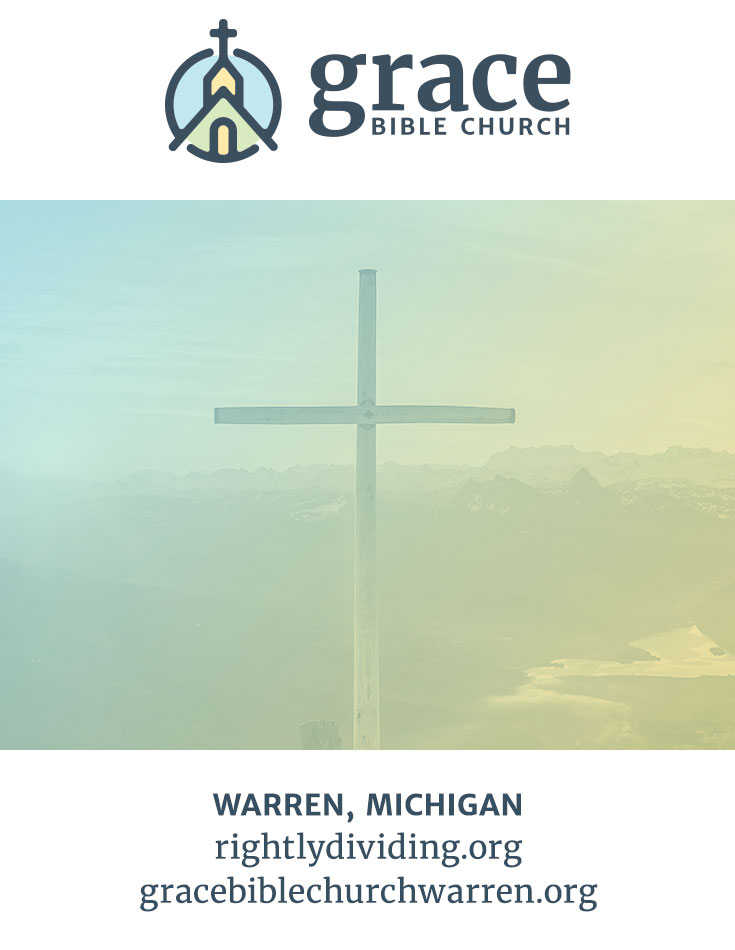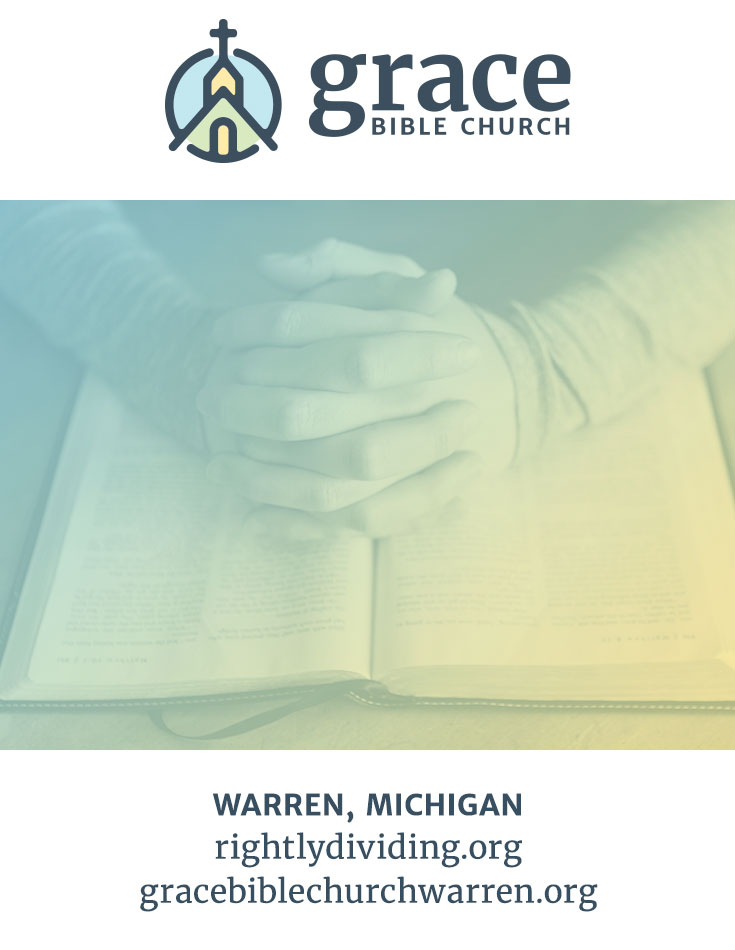Can you please explain 1John 1-9, I’m not sure why I would have to confess my sins if I’m already eternally “forgiven and Christ has paid my sin debt. Thank you !
You are right! 1 John 1:9 is not to you, about you, and surely not about you getting any more forgiveness from God than you already have through Christ and the redemption through His blood.
Many have misunderstood this book, incorrectly teaching and applying the doctrines of I John, all because they have not paid attention to whom it was written and the time for which it applies. Those to whom Peter, James and John writes are Jewish Kingdom Saints who were taught by Jesus Christ that they must endure to the end of the tribulation to be saved (Matthew 24). See all the reference to Anti-Christ in chapters 2 & 4. This book was not written to those in the age of Grace, saved by the ministry of the Apostle Paul, called to be part of the Body of Christ and promised to be caught up unto Christ, saved from the “wrath to come.”
When he states in I John 1:3 “that ye also may have fellowship with us and truly our fellowship is with the Father, and with his Son Jesus Christ,” apparently he is referring to those who were not in this fellowship. To be in “fellowship” means to be in union with God, or as John says it in this epistles some 23 times, it is to be “in him” or “in the Son” which is eternal life ( see: 1:3,5; 2:5,6,10,24,27; 3:5,6,15,24; 4:13,15,16; 5:11,12,20). The context of I John 1:9 is not to the believer but to those who “deceive” them-selves and “lie” saying “we have not sinned.” This speaks of those in Israel who had not yet confessed (agreed with God) that they have killed their Messiah, they have not yet “believed in the name of the Son of God.” Israel’s repentance has always required confession – see Leviticus 26:40; II Chronicles 6:24,25,36,37; 7:14; Daniel 9:20; Matthew 3:6. The point then is, chapter one is a call to those who have not yet acknowledged the truth to confess and believe the truth so that they may be in fellowship with the believers and with the Father and with his Son. Afterwards, I John 2:1 addresses “My little children,” who are John’s disciples and when they sin they don’t need to confess their sins because they “have an advocate with the Father, Jesus Christ the righteous:And he is the propitiation for our sins: and not for ours only, but also for the sins of the whole world.”








